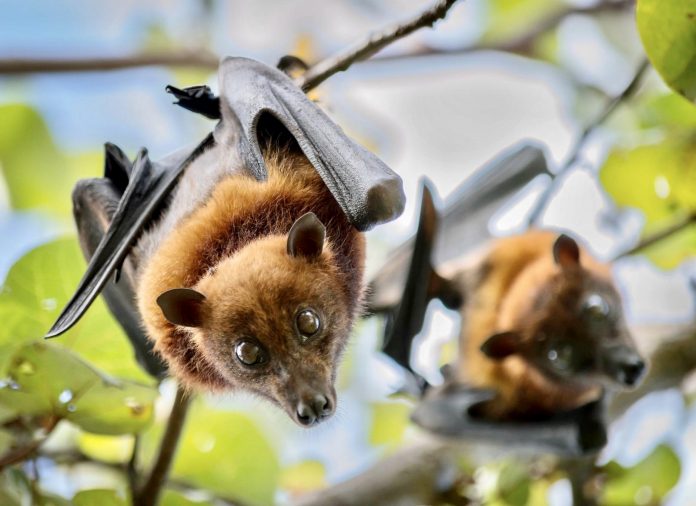You can help all animals and our planet by choosing compassion on your plate and in your glass. #GoVeg
RELATED ARTICLES
Pressure Mounts For Arizona To Ban Dog Pack Hunting Of Mountain Lions, Bears & Other Critical Species
Conservation groups have submitted a petition to the Arizona Game and Fish Commission urging a ban on the use of dog packs for hunting...
Help Save Millions Of Lives This Holiday By Choosing Compassion On Your Plate; Adopt A Turkey Today!
As Thanksgiving approaches, we hope you enjoy a warm and safe holiday. We encourage you to make a compassionate choice by leaving animals off...
Giraffes Are One Step Closer To Receiving Vital Endangered Species Act Protections
In response to a petition and subsequent lawsuit by conservation and animal protection organizations, the U.S. Fish and Wildlife Service (USFWS) has proposed listing...
Popular stories
Healthy Living
A Record $824 Million Has Been Invested In Alternative Protein Companies In 2019; $930 Million Already Invested In The First Quarter Of 2020
New reports released today by the nonprofit The Good Food Institute (GFI) reveal that record investments have been made globally in 2019 and in the...
News
Today Is World Reef Awareness Day! Help To Protect Our Vital Underwater Ecosystems
Today is both a day to honor our ocean’s incredible complex underwater ecosystems, as well as a call to action for businesses and consumers...
World Animal News TOP Stories Making Headlines
1. Four Poachers Arrested For Killing Six Lions With Poison In Uganda’s Queen Elizabeth National Park
Uganda Wildlife Authority (UWA) released a statement announcing that four people have...



